In the draft Law on Value Added Tax (VAT), expected to be submitted to the National Assembly for consideration in the near future, fertilizers are subject to a 5% tax, instead of being tax-free as currently stipulated in Law No. 71/2014/QH13 dated November 26, 2014. Many opinions assess this as a positive point that helps businesses invest, innovate technology, reduce costs and dominate the market...
Mr. Nguyen Tri Ngoc, Vice President of the Vietnam Fertilizer Association, said that according to Law No. 71, fertilizer products are "not subject to VAT". Therefore, fertilizer enterprises are not allowed to declare and deduct input VAT on goods, services, machinery and equipment invested in fertilizer production. Because they are not deductible, fertilizer production activities must be included in the product cost, which has the effect of pushing up fertilizer prices, causing farmers and users of materials to suffer. Meanwhile, materials account for about 40-60% of the cost of agricultural products and are indispensable essential input products.
Another impact is that when the cost of domestically produced fertilizers increases, it will be at a disadvantage in competing with imported fertilizers. Each year, the agricultural sector consumes 11-12 million tons of fertilizers, of which about 8 million tons are domestically produced products, the rest are imported. Imports are unequally competitive because the seller is subject to VAT, so it is deducted and the import price is lower than the domestic production price.
Mr. Nguyen Hoang Trung, Deputy General Director of DAP-Vinachem JSC also said that when production costs increase, the selling price on the market cannot be adjusted because there is unequal competition between domestically produced and imported goods. Imported fertilizers are not subject to tax. Fertilizer importers are not subject to VAT, so they have the conditions to reduce the selling price. Imported fertilizers form a common price level on the market.
In the past 10 years, the impact of Tax Law 71 has caused all investment costs to upgrade factories and improve product quality to not be taxed and added to the total investment, which limits the effectiveness of the project. Therefore, not many large-scale fertilizer projects have been invested. This has not promoted production, making businesses have no motivation to increase investment, reinvest, improve production scale and product quality. This also causes farmers to suffer losses when they cannot use better products.
“If we increase the production scale, the cost will definitely decrease, because the cost of fertilizer production is greatly affected by the production scale. Farmers will benefit from this,” Mr. Trung emphasized.
Mr. Nguyen Van Phung, former Director of the Department of Large Enterprise Tax Management - General Department of Taxation, said that the principle of value added tax directly affects the selling price. The application of fertilizers not subject to VAT in the past 10 years means that we are in a situation of "burning house on both ends" in all three aspects: the state, enterprises and farmers.
The State agrees that the WTO does not distinguish between domestic and foreign goods. Domestic goods are not subject to tax, so imported goods are not subject to tax, so foreign enterprises have the opportunity to attack the Vietnamese market. Imported fertilizers are subject to 0% VAT, so foreign enterprises always have a comparative advantage over domestic enterprises in terms of not being taxed, lower costs, and the State loses an amount of money that would have been collected if the tax rate of 5% had been maintained. Thus, the State is the first to be "burned" when it loses 5% on imported fertilizers.
For manufacturers who are enterprises, the difficulty in input materials, investment costs for purchasing equipment, and technology conversion are not subject to the VAT deduction regime, so all input taxes paid by enterprises are added to the selling price, added to fixed costs, increasing product prices, causing many chemical and fertilizer enterprises to suffer losses.
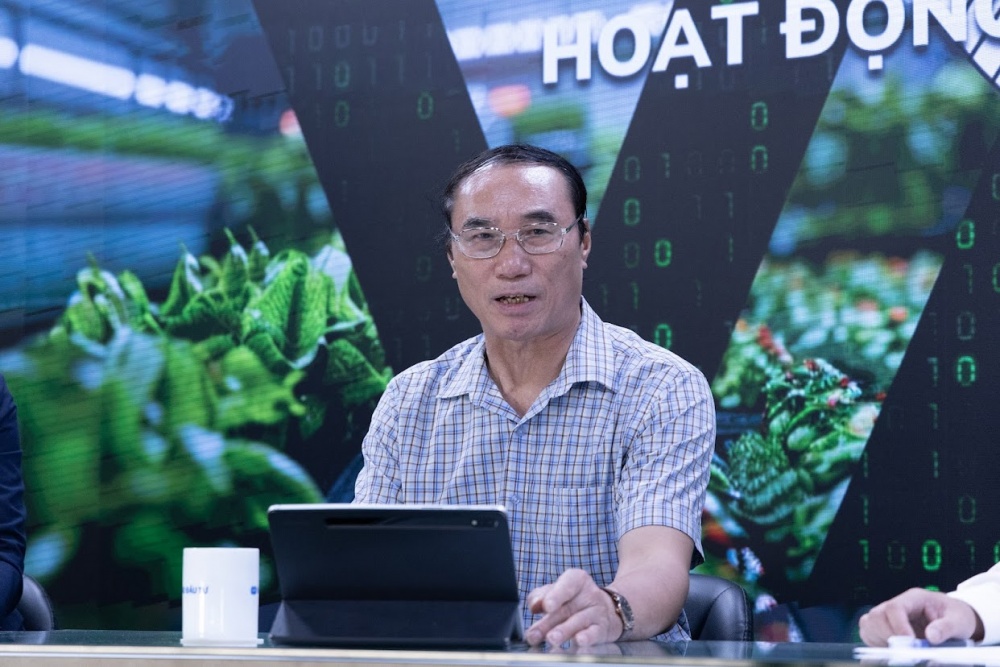 |
| Mr. Nguyen Van Phung, former Director of Large Enterprise Tax Management Department, General Department of Taxation |
“Many speakers and scientists think that if the chemical fertilizer tax is calculated at 5%, it will cause farmers to suffer losses, which is a miscalculation. They forget the continuity of VAT. Previously, applying Law 13, applying 5% tax was good, businesses were favorable, but since applying Law 71, businesses have not been able to invest. In 9 years, the input tax that was not deducted accumulated, the investment that was not deducted added to the cost price of 2,446 billion VND. Phu My, Ninh Binh, Hai Phong Chemicals... are all the same. The second business to be burned down,” Mr. Phung cited.
Farmers prefer foreign products, foreign enterprises take domestic prices plus 1-2% to sell. When domestic enterprises cannot bear the increased prices, foreign enterprises also raise prices. Farmers suffer, foreign countries benefit. This invisibly inhibits investment by enterprises in technological innovation, investment innovation by domestic fertilizer production industrial enterprises.
Therefore, recently there have been many studies stating that the fact that fertilizer products are not subject to tax is "more painful" than having to pay a 5% tax and that if the regulations are transparent and take into account the interconnected relationship between industries, we can still collect budget from foreign enterprises and still ensure international commitments.
According to Mr. Nguyen Van Phung, applying a 5% VAT on fertilizers will bring many benefits. Firstly, it will increase the budget revenue from import tax while maintaining the domestic selling price level. Farmers will have the opportunity to request enterprises to sell at a lower new price, requiring fertilizer enterprises to comply with the Law, and to deduct input costs to lower the selling price level.
Second, we are moving towards a green economy, a circular economy, and towards a rural agricultural economy. Currently, there are many large enterprises investing in rural areas, and the input value-added tax of 5% of fertilizer enterprises is deductible from input declaration.
Third, there are enterprises specializing in producing goods subject to 5% tax but 10% input tax, previously fertilizers, pesticides, pharmaceuticals, equipment... output tax was lower than input tax, the state refunded to enterprises, avoiding enterprises losing capital. Currently, there are nearly 100,000 billion VND of non-deductible input VAT, lying in enterprises that are recording a debit in accounting account - account 133, input VAT is deductible but not deductible, it is a loss of capital. With this provision of the Law on Value Added Tax, enterprises will be better off.
Source: https://thoibaonganhang.vn/ap-thue-gia-tri-gia-tang-de-ho-tro-doanh-nghiep-152633.html


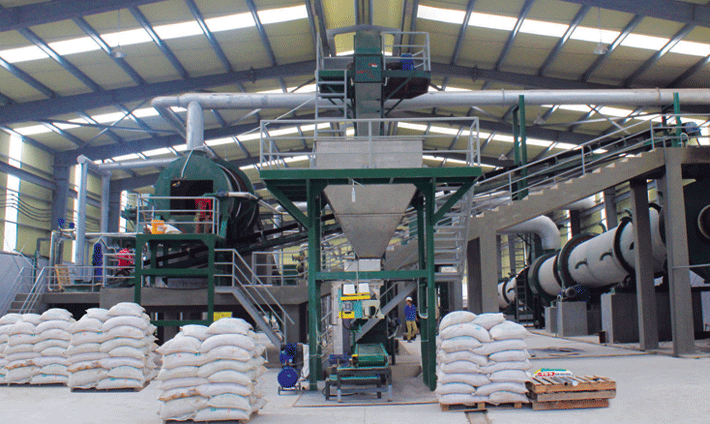
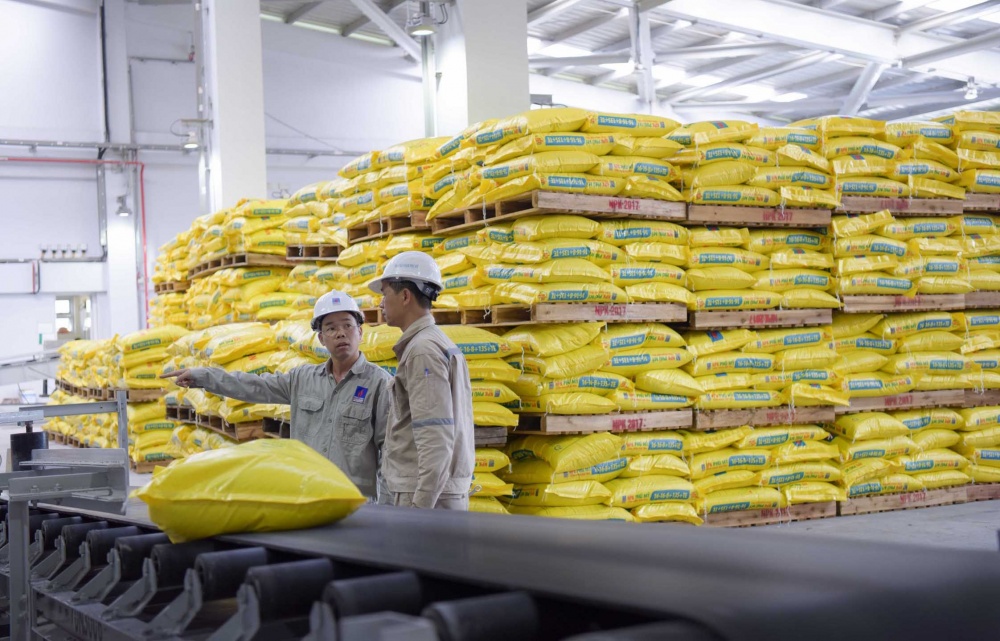

![[Photo] General Secretary To Lam visits exhibition of achievements in private economic development](https://vphoto.vietnam.vn/thumb/1200x675/vietnam/resource/IMAGE/2025/5/18/1809dc545f214a86911fe2d2d0fde2e8)
![[Photo] National conference to disseminate and implement Resolution No. 66-NQ/TW and Resolution No. 68-NQ/TW of the Politburo](https://vphoto.vietnam.vn/thumb/1200x675/vietnam/resource/IMAGE/2025/5/18/adf666b9303a4213998b395b05234b6a)
![[Photo] More than 17,000 candidates participate in the 2025 SPT Competency Assessment Test of Hanoi National University of Education](https://vphoto.vietnam.vn/thumb/1200x675/vietnam/resource/IMAGE/2025/5/17/e538d9a1636c407cbb211b314e6303fd)


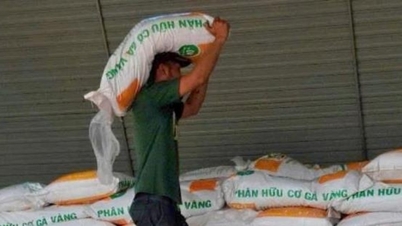

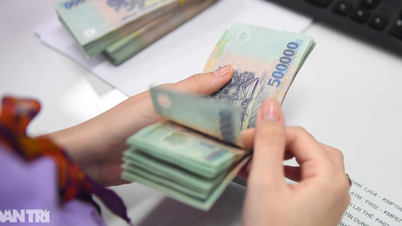

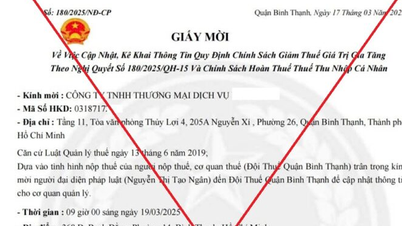






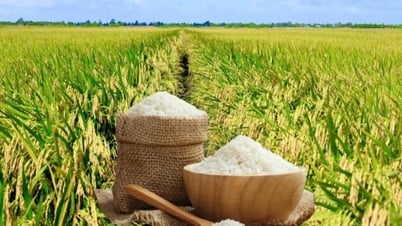


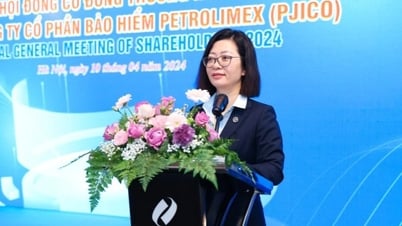

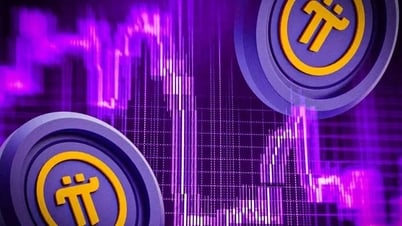





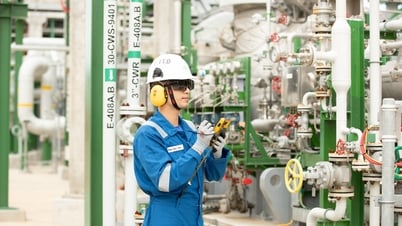
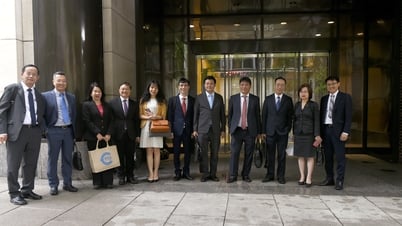
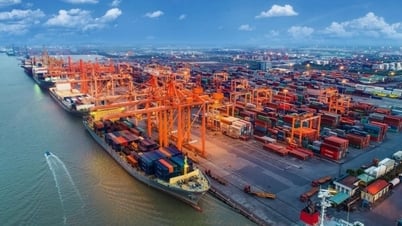
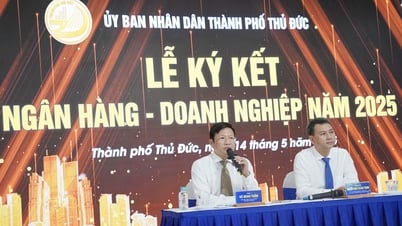
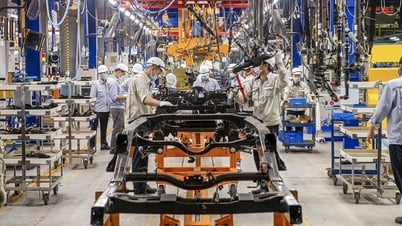
![[Photo] Prime Minister Pham Minh Chinh chairs meeting on science and technology development](https://vphoto.vietnam.vn/thumb/1200x675/vietnam/resource/IMAGE/2025/5/17/ae80dd74c384439789b12013c738a045)










































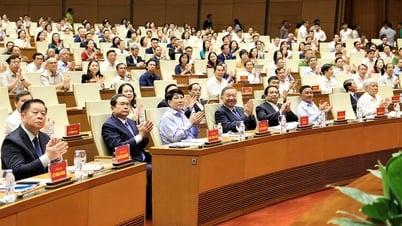

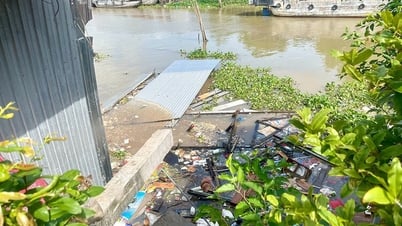


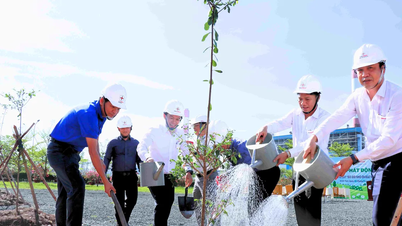
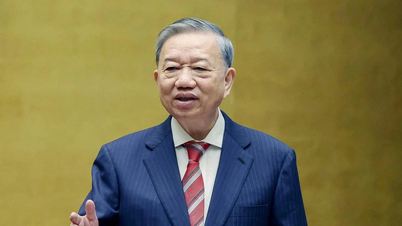

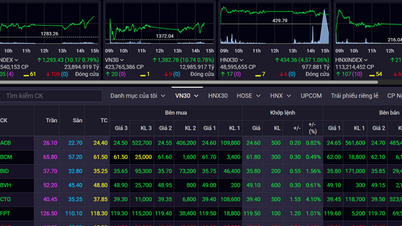









Comment (0)